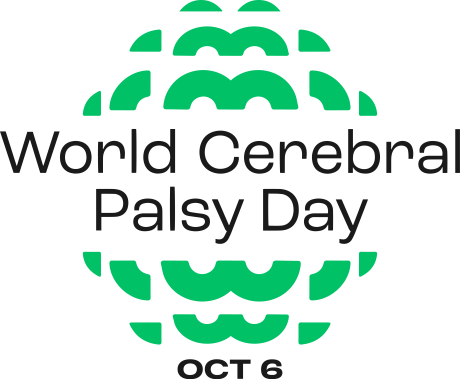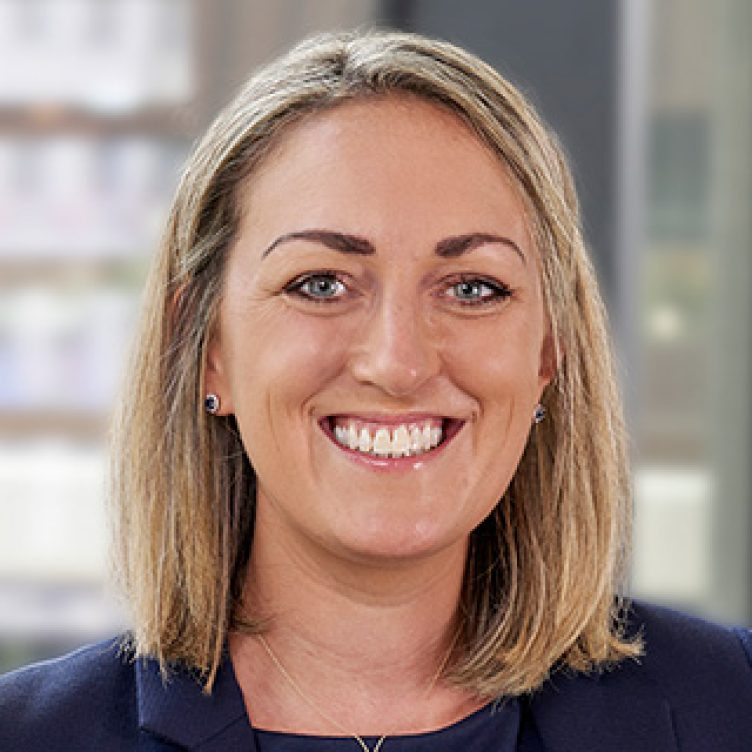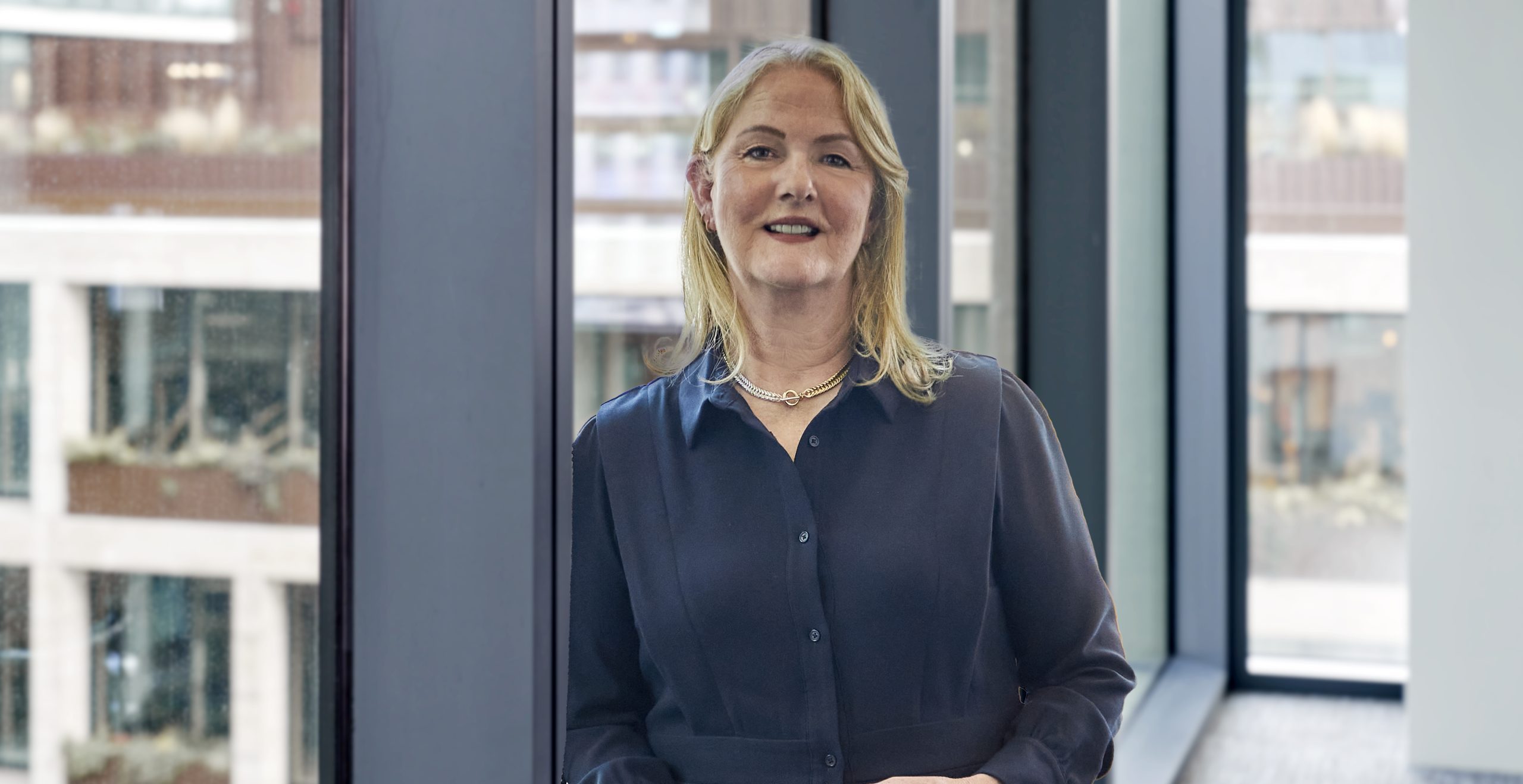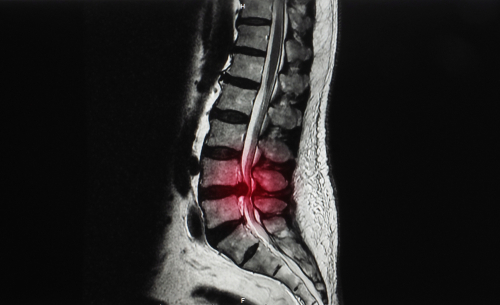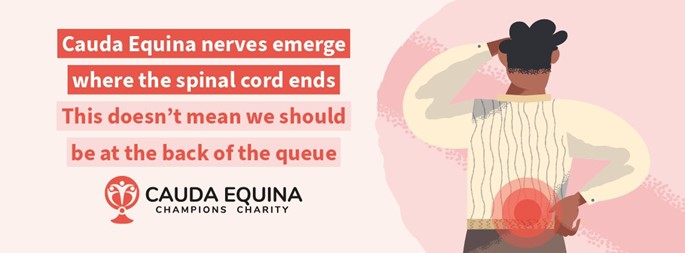World Cerebral Palsy Day is celebrated each year on 6 October. The aim of the awareness day is to ensure that any person who is living with the condition can access all of the opportunities available to them, and to enable them to live an inclusive life within our society.
The theme this year, ‘#UniquelyCP’, recognises that each person with cerebral palsy is an individual with unique needs and abilities, interests, aspirations and achievements.
Stewarts is recognised as one of the UK’s leading law firms who specialise in representing patients who have sustained a catastrophic injury. We have particular expertise in brain injury cases, including those arising out of injuries arising at around the time of birth, leading to cerebral palsy.
What is cerebral palsy?
Cerebral palsy is a non-progressive physical condition which affects movement and co-ordination. It is caused by damage to the brain which can occur before birth, during labour or in the early stages of development of a child’s life.
The damage can be caused by a number of different risk factors, including for example infection during pregnancy, prematurity, delays in delivery or infections and other conditions arising in the neonatal period.
Current estimates suggest that 1 in 400 babies are born with cerebral palsy, though 1,800 babies are diagnosed with the condition each year, and over 110,000 people are living with the condition (30,000 being children).
Each person with cerebral palsy will be affected by the condition in different ways. Their symptoms may include:
- spasticity which limits their range of movement (spastic cerebral palsy);
- involuntary muscle contractions, with difficulties controlling movement, breathing and speech (dyskinetic cerebral palsy);
- co-ordination difficulties, affecting balance and proprioception (ataxic cerebral palsy).
A person’s body will be affected differently by cerebral palsy. With quadriplegia, all four of their limbs are affected; with diplegia, two limbs are affected; with monoplegia, one limb is affected; and with hemiplegia, one whole side of their body is affected.
In addition, a person may experience a range of other difficulties including epilepsy, communication, hearing or visual difficulties, sensory issues and/or behavioural and learning difficulties.
The medical claim process
Stewarts recognises that every child and adult living with cerebral palsy, and their families, have unique needs. If they are provided with opportunities and support tailored to their individual needs, individuals with CP are able to live fulfilled lives and to make a valuable contribution to family life and to society.
Our Clinical Negligence team is experienced in dealing with claims for children and young adults with cerebral palsy, and for individuals who have global developmental delay as a result of an injury at around the time of birth.
We are able to assist through NHSR’s Early Notification Procedure (ENS) and advise in relation to any report which is obtained from the Maternity and Newborn Safety Investigation (MNSI, previously HSIB and HSSIB) programme. We will review the report without any obligation for you to proceed with a claim and provide advice and guidance in relation to your options.
When funding becomes available for our clients, we assist with the selection and appointment of a specialist brain injury case manager, to find suitable accommodation, to assist with the implementation of a care package, to access medical treatment and therapies and to source specialist equipment.
Additional help
There are a number of fantastic charities who provide support to those living with cerebral palsy and their families.
Stewarts is a proud member of the legal panel for PEEPS, the only UK charity dedicated to supporting those affected by hypoxic-ischaemic encephalopathy (HIE). Caused by a lack of oxygen to the brain either before or after birth, HIE can cause serious brain injury and cerebral palsy. Stewarts support PEEPS to increase awareness and understanding of HIE, by offering our expertise to advise families who have been affected by helping them navigate any potential legal claims and providing any other legal support they may require.
In some cases cerebral palsy can be linked to premature birth. Stewarts are also supporting the charity Bliss as our charity of the year. Bliss exists to give every baby born premature or sick in the UK the best chance of survival and quality of life. They provide support for families and professionals alongside campaigning for change and supporting research.

